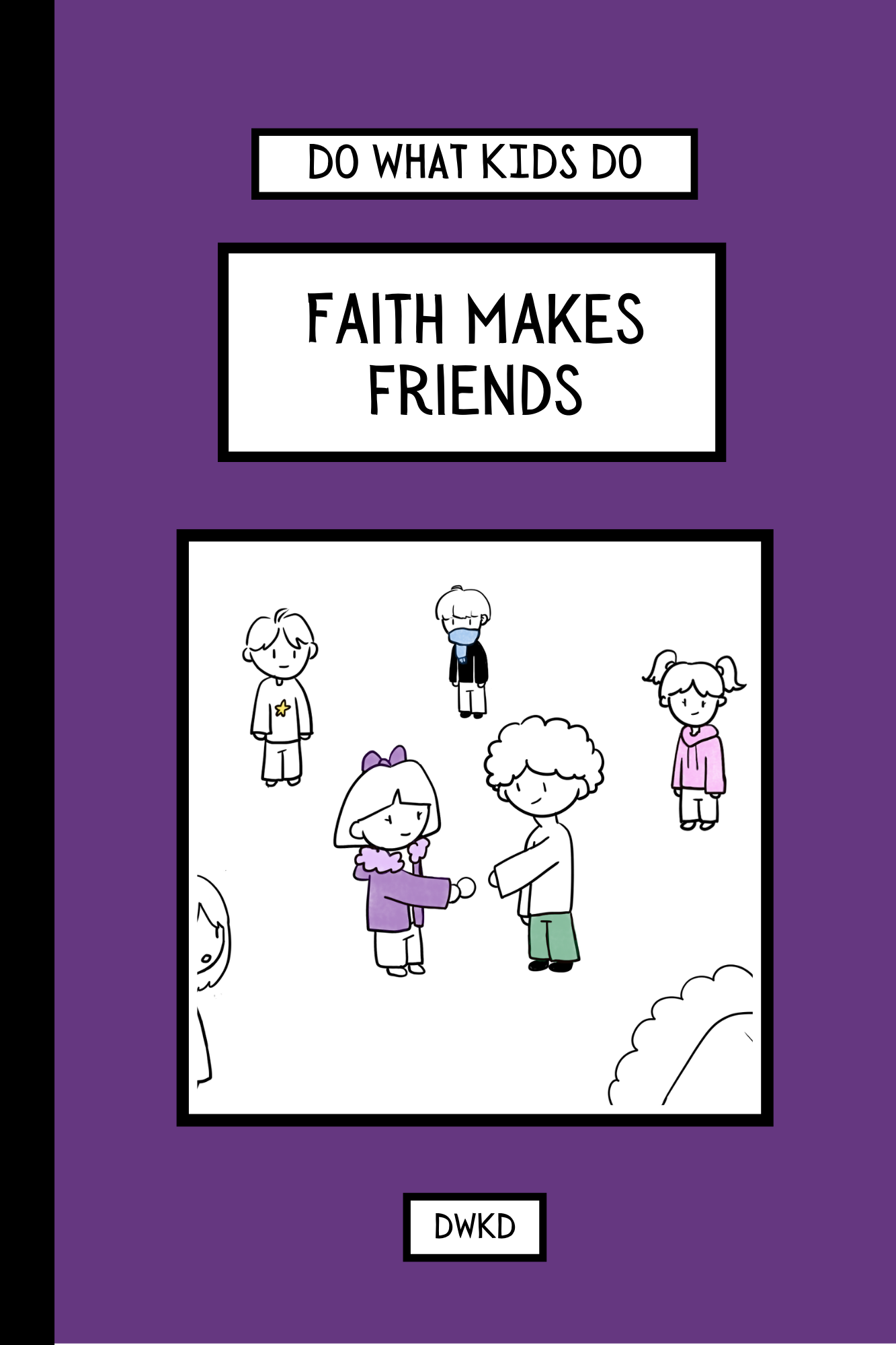In today’s dynamic world, fostering problem-solving skills in young children is essential. These skills not only prepare them for academic success but also equip them with the ability to tackle real-world challenges. As parents, nurturing these skills can be a joyful and fulfilling experience. Here’s how you can nurture problem-solving abilities in your young child.

Read "Faith Makes Friends"
Faith Makes Friends is a delightful tale that encourages children to embrace new experiences and make friends with kindness and confidence.
Understanding Problem-Solving
Problem-solving is the process of identifying a problem, developing possible solutions, and taking appropriate actions to resolve it. For young children, this involves simple activities like figuring out how to fit a puzzle piece or deciding what to do when a toy breaks. Children under the age of five are naturally curious and eager to explore, making this the perfect time to introduce problem-solving activities.
According to Nationwide Children’s Hospital:
“A child who lacks problem-solving skills may avoid taking action when faced with a problem. They may get frustrated or give up when something seems too challenging. On the contrary, having problem-solving skills builds confidence. A child with problem-solving skills keep going until they find a solution; they’re creative thinkers and can adapt better in a variety of settings.” Read Full Article
Strategies to Develop Problem-Solving Skills
- Encourage Exploration and Curiosity
- Ask Open-Ended Questions: When reading a story or playing with toys, ask questions like, “What do you think will happen next?” or “How can we solve this problem?”
- Provide Diverse Experiences: Allow children to explore different environments, such as parks, museums, and playgrounds. Each new experience offers unique problems to solve and stimulates curiosity.
- Model Problem-Solving Behavior
- Think Aloud: Demonstrate your thought process when faced with a problem. For instance, if you can’t find your keys, verbalize the steps you take to locate them.
- Show Resilience: Let children see how you handle setbacks. If a recipe goes wrong, explain how you plan to fix it or what you learned from the mistake.
- Create a Supportive Environment
- Safe Space for Mistakes: Encourage children to try new things without fear of failure. Celebrate their efforts and emphasize that mistakes are part of learning.
- Interactive Play: Engage in play that involves problem-solving, such as building blocks, puzzles, or role-playing scenarios. These activities promote critical thinking and collaboration.
- Introduce Age-Appropriate Challenges
- Simple Tasks: Provide tasks that are slightly above the child’s current ability. This could be anything from stacking blocks to sorting objects by color or size.
- Story-Based Problems: Read books that feature characters solving problems. Discuss the story afterward, focusing on how the characters resolved their issues.
- Encourage Independence
- Give Choices: Allow children to make choices throughout the day. This could be choosing what to wear, what game to play, or what snack to have. Making decisions fosters independent thinking.
- Let Them Lead: During playtime, let your child direct the activity. Ask questions and follow their lead to see how they approach problem-solving naturally.
Practical Activities to Foster Problem-Solving
- Puzzles and Building Blocks
- These activities help children learn to recognize patterns, develop spatial awareness, and understand the cause and effect.
- Cooking Together
- Involve your child in simple cooking tasks. Measuring ingredients, mixing, and following recipes are practical ways to teach sequencing and problem-solving.
- Nature Walks
- During walks, encourage children to observe their surroundings, ask questions, and find natural objects. Discuss how plants grow, why leaves fall, or what animals need to survive.
- Story Time Discussion
- After reading a story, ask open-ended questions about the characters’ problems and possible solutions. Encourage children to come up with different outcomes and discuss the best ones. Each of the DWKD books have questions at the end to help you get started.
Nurturing problem-solving skills in young children is a crucial aspect of their development. By creating a supportive environment, modeling behavior, and engaging in practical activities, you can help your child develop the ability to think critically and solve problems effectively. These skills will serve them well throughout their lives, preparing them for both academic challenges and everyday situations.




